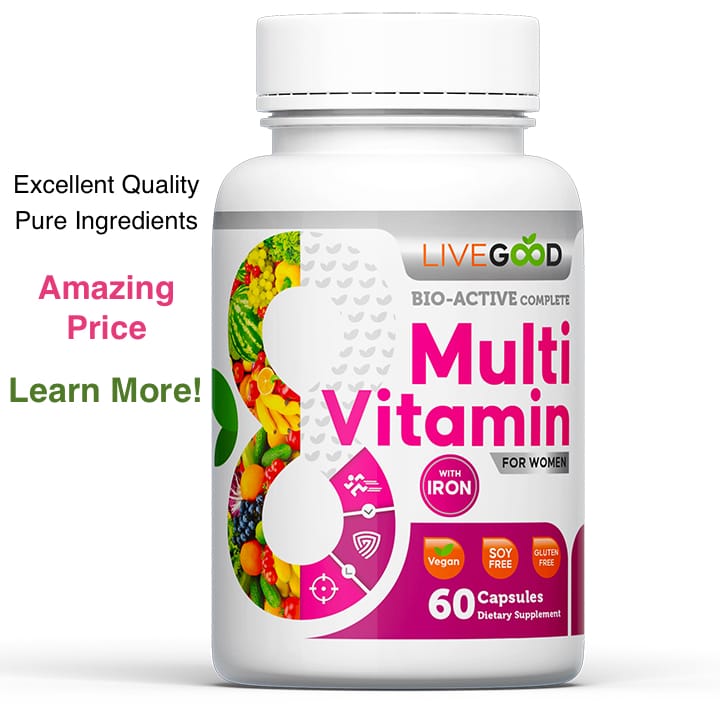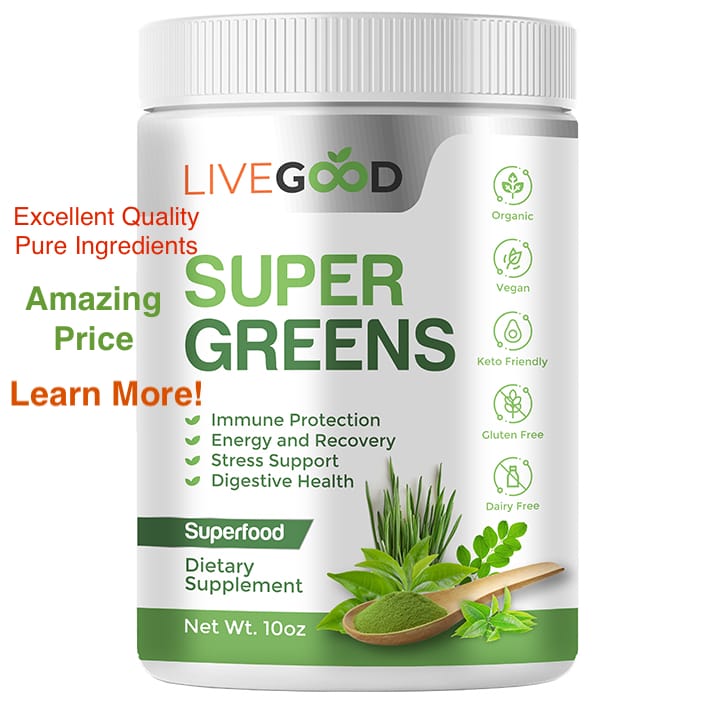ESSENTIAL FATTY ACIDS
by Deborah Merlin
(Los Angles, CA)
ESSENTIAL FATTY ACIDS
Essential fatty acids (EFA) are necessary for good health. An EFA deficiency can cause symptoms of attention deficit disorder. When our diets consist of essential fatty acids, our cells remain flexible and healthy. When we consume harmful fats, our cell membranes suffer and become stiff or have holes in them, which increases our risk of degenerative disease.
The Importance of Fat In The Body
• The human brain, the most complex organization of matter we know, is sixty percent fat.
• Fat maintains the integrity of neuron connections – the brain’s vital communication system.
• Fat is needed by all cell membranes – nerve, brain, heart, adrenal, and thyroid cells must have essential fats to function.
• Essential fatty acids boost the immune system. The fat acts as a barrier to keep out harmful microbes that can be a factor in disease.
• Essential fats are necessary for normal reproduction and growth.
• Fat is needed for the absorption of vitamins A, D, E, K, and beta carotene.
• EFAs protect against heart disease by reducing blood clotting, lowering triglycerides, and causing vasodiolation.
• EFAs reduce inflammation.
Illnesses Associated With Essential Fatty Acid Deficiencies
• Allergies • Alzheimer’
• Cancer • Autoimmunity
• Depression • Diabetes
• Eczema • Heart disease
• Hyperactivity • Hypertension
• Multiple Sclerosis • Intestinal disorders
• Learning problems • Menopause
Obesity
• Inflammation
• Osteoarthritis • PMS
• Psoriasis • Rheumatoid Arthritis
• Schizophrenia • Vascular disease
Healthy Essential Fats:
• Salmon, trout, tuna, sardines, seafood
• Flaxseed, flaxseed oil
• Raw nuts and seeds
• Vegetables, avocado
• Sea vegetables
• Lentils, legumes
• Virgin olive oil
• Soy, tofu
• Whole grains
Harmful Fats:
• Hydrogenated margarine
• Fried, deep-fried foods
• Hotdogs, lunch meat, sausage, hamburger
• Homogenized dairy
• Chips (corn and potato)
• Candies and pastries
• Refined commercial oils, corn, safflower
• Commercial peanut butter
Not* I would avoid tuna and sushi due to mercury content.
Sources of Omega-3
• Salmon, herring , sardines, mackerel
• Flaxseed, hemp oil
• Walnuts, soybeans
• Shellfish, seafood
• Dark leafy green vegetables
• Raw pumpkin
Sources of Omega-6
• Borage, black currant oils
• Evening primrose oil
• Raw nuts and seeds
• Legumes
• Flaxseed, hemp oil
• Lean meats, eggs
• Unrefined vegetable oils
Omega fatty supplements and fish oil may be used to supplement our diets. They are available at health food stores.
Sources: 1999 Sedona Health Foundation – Michael J. Porter CHT




